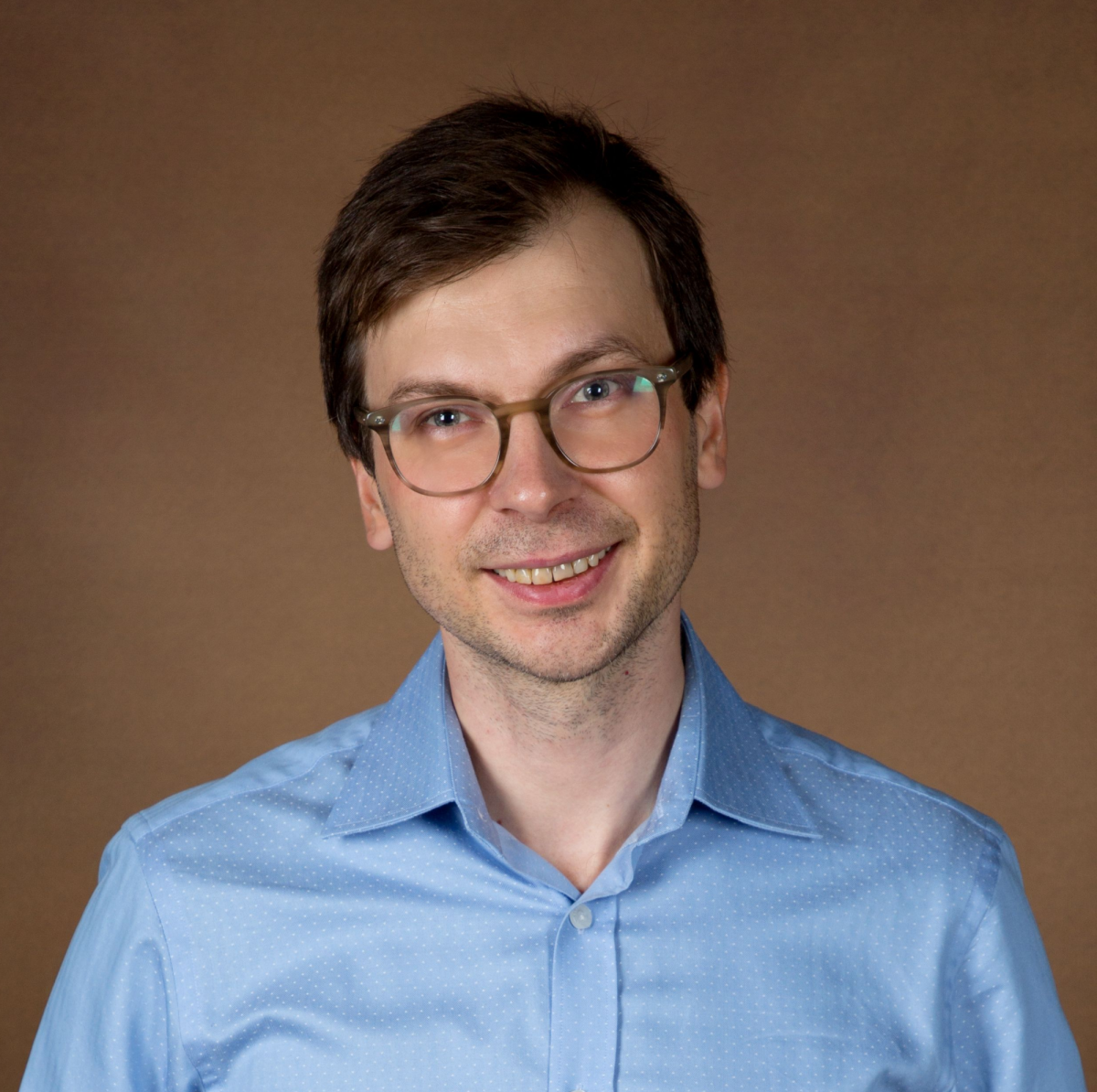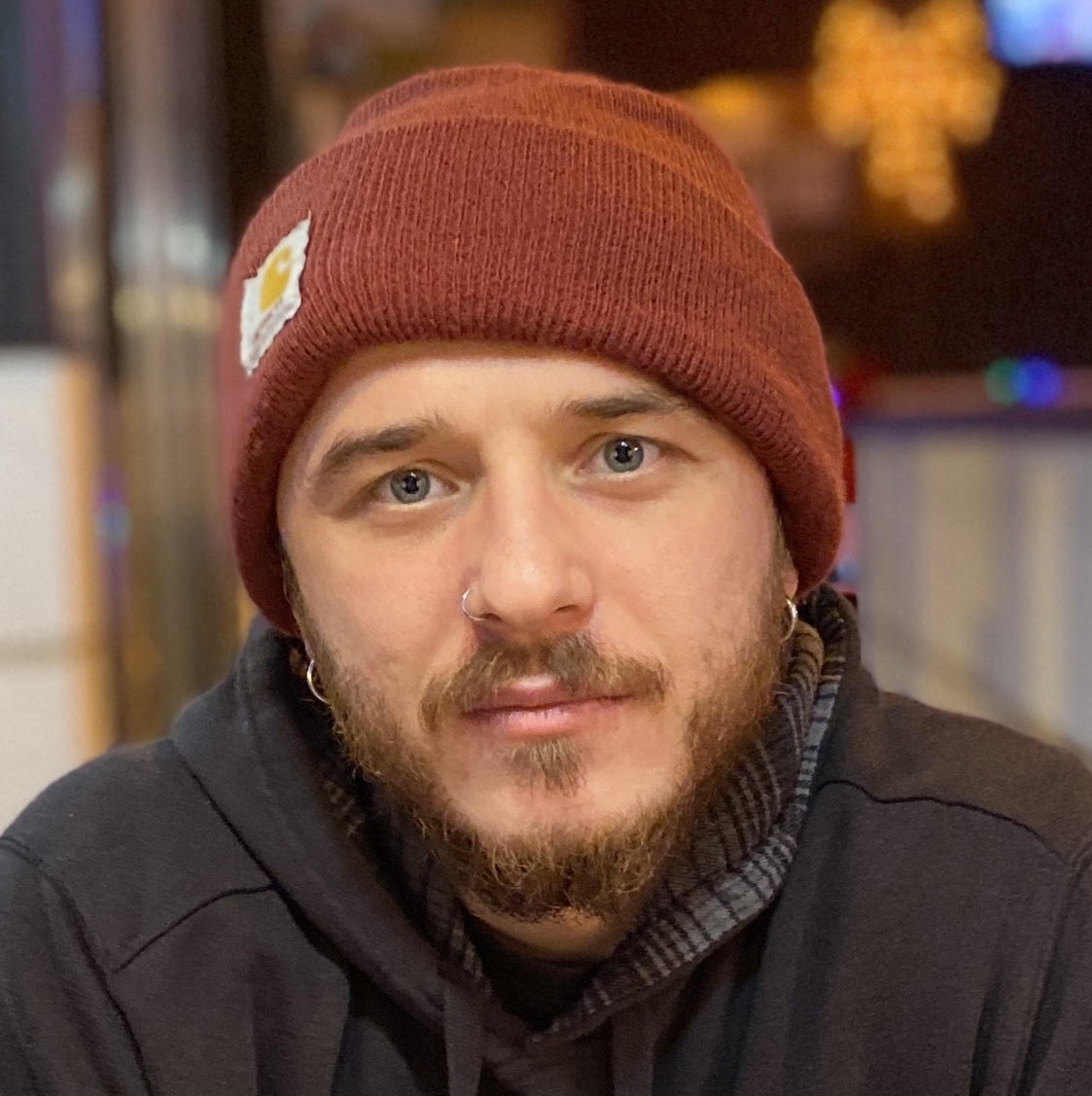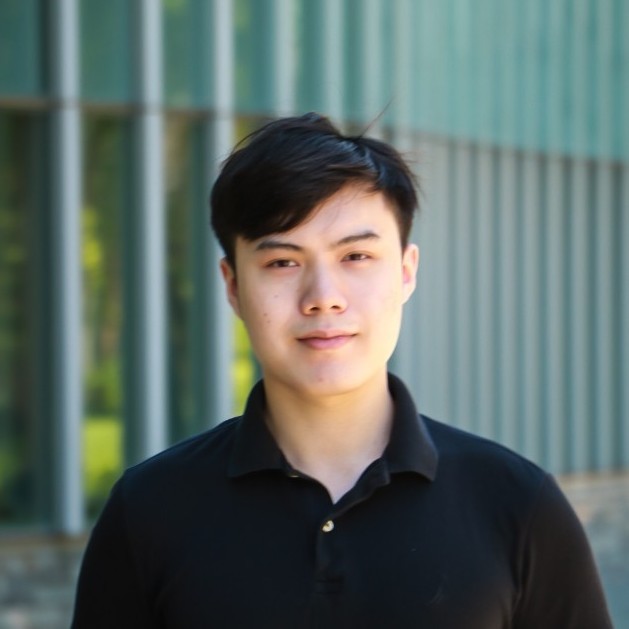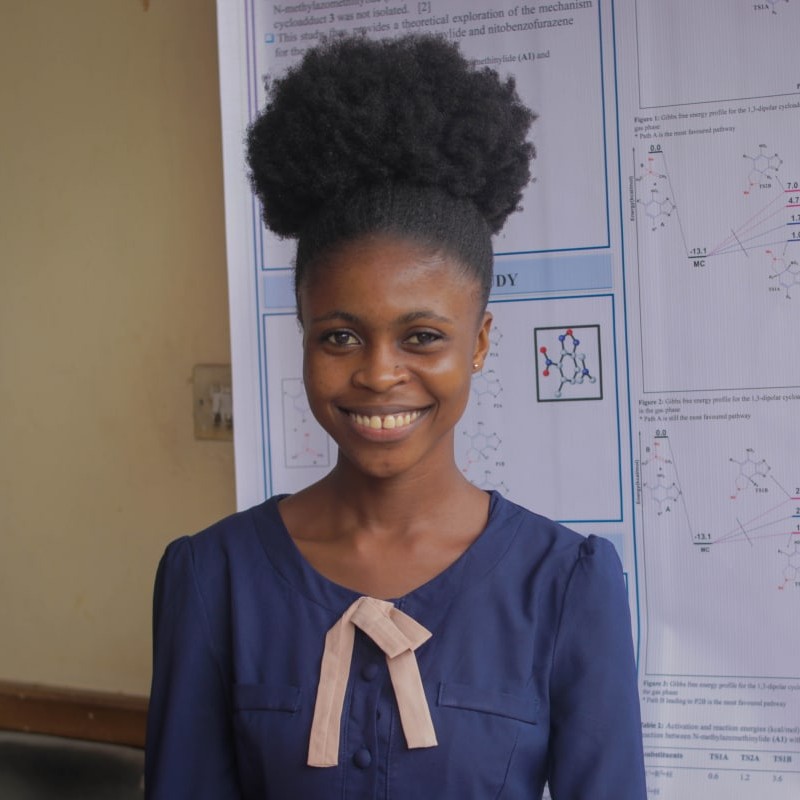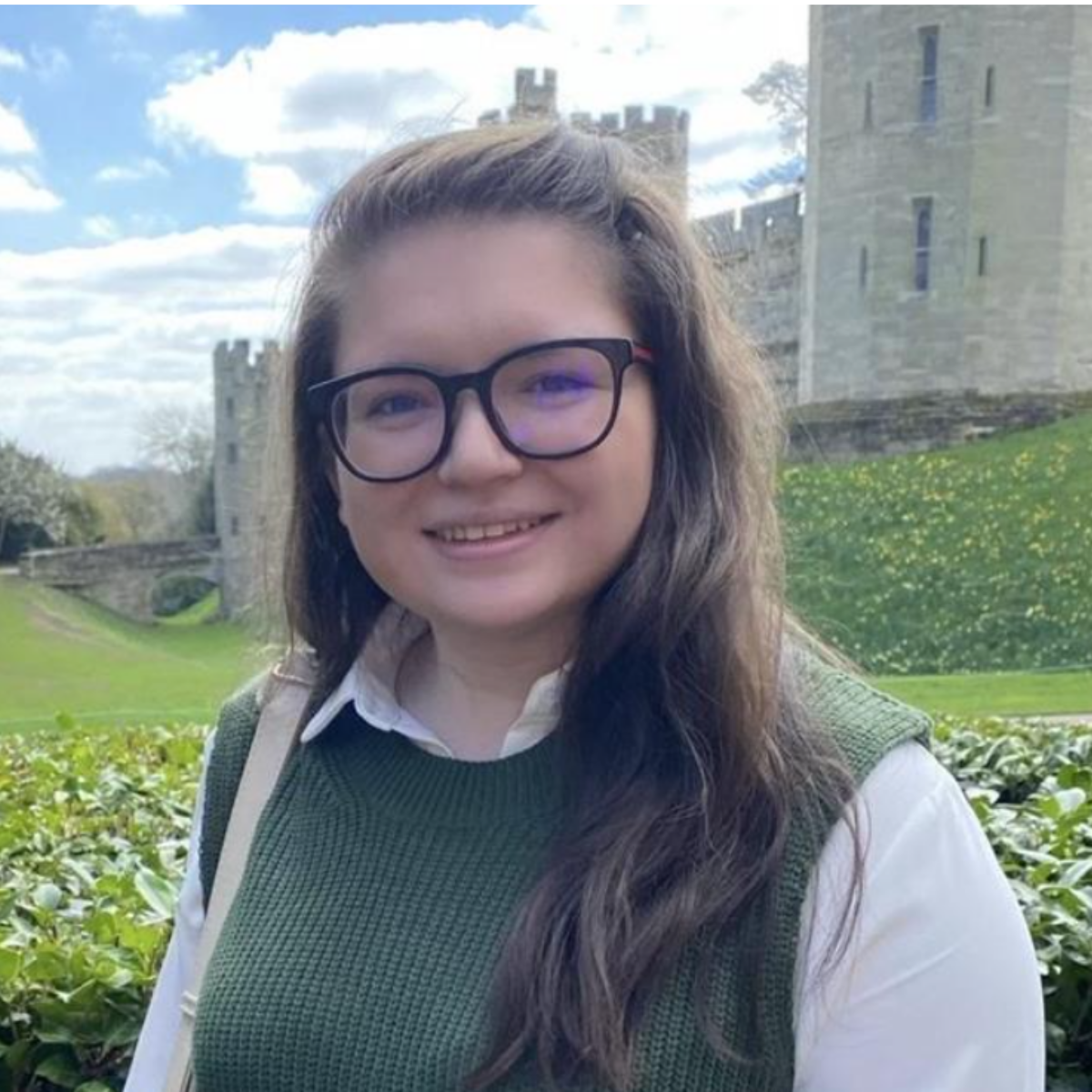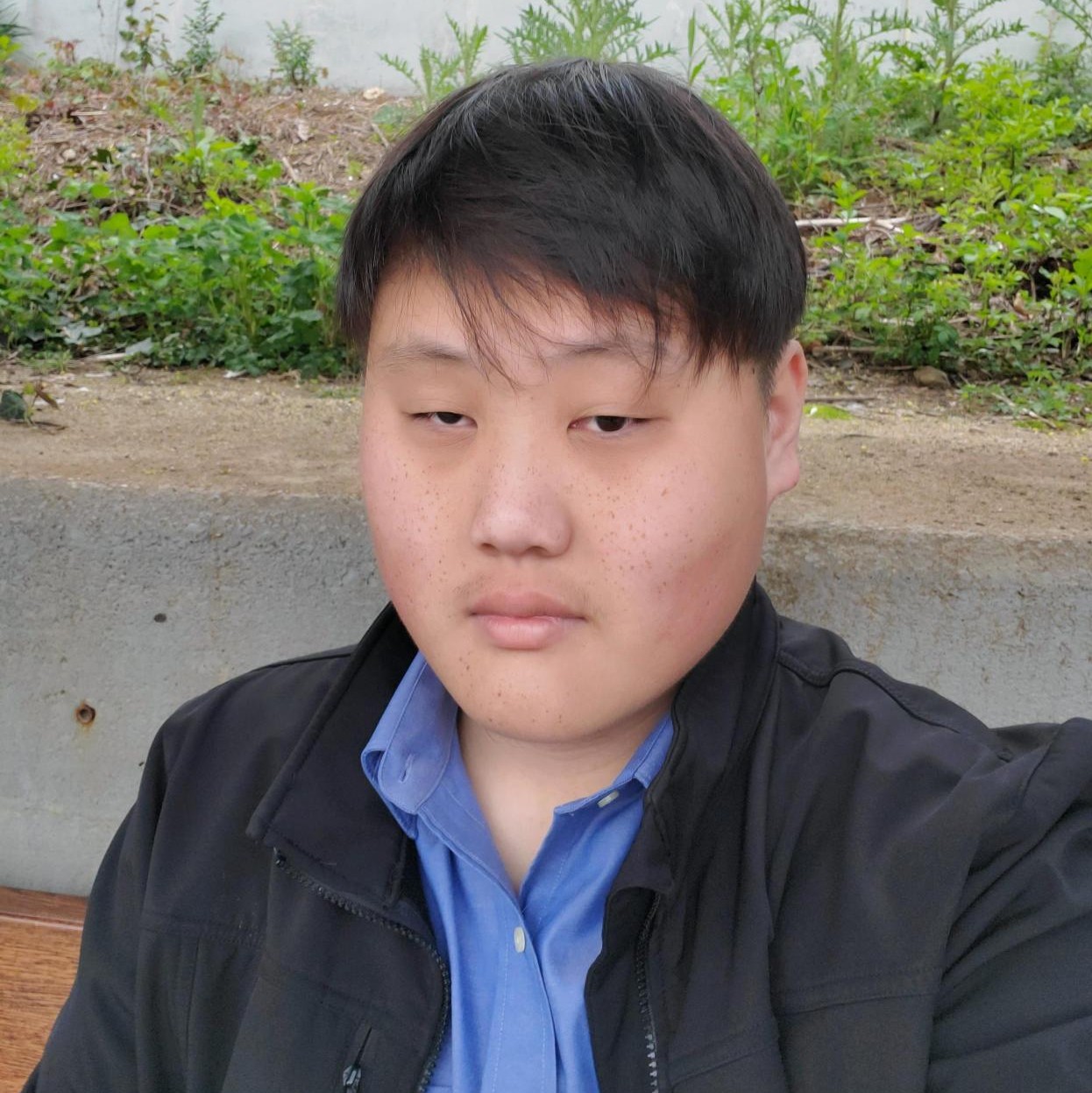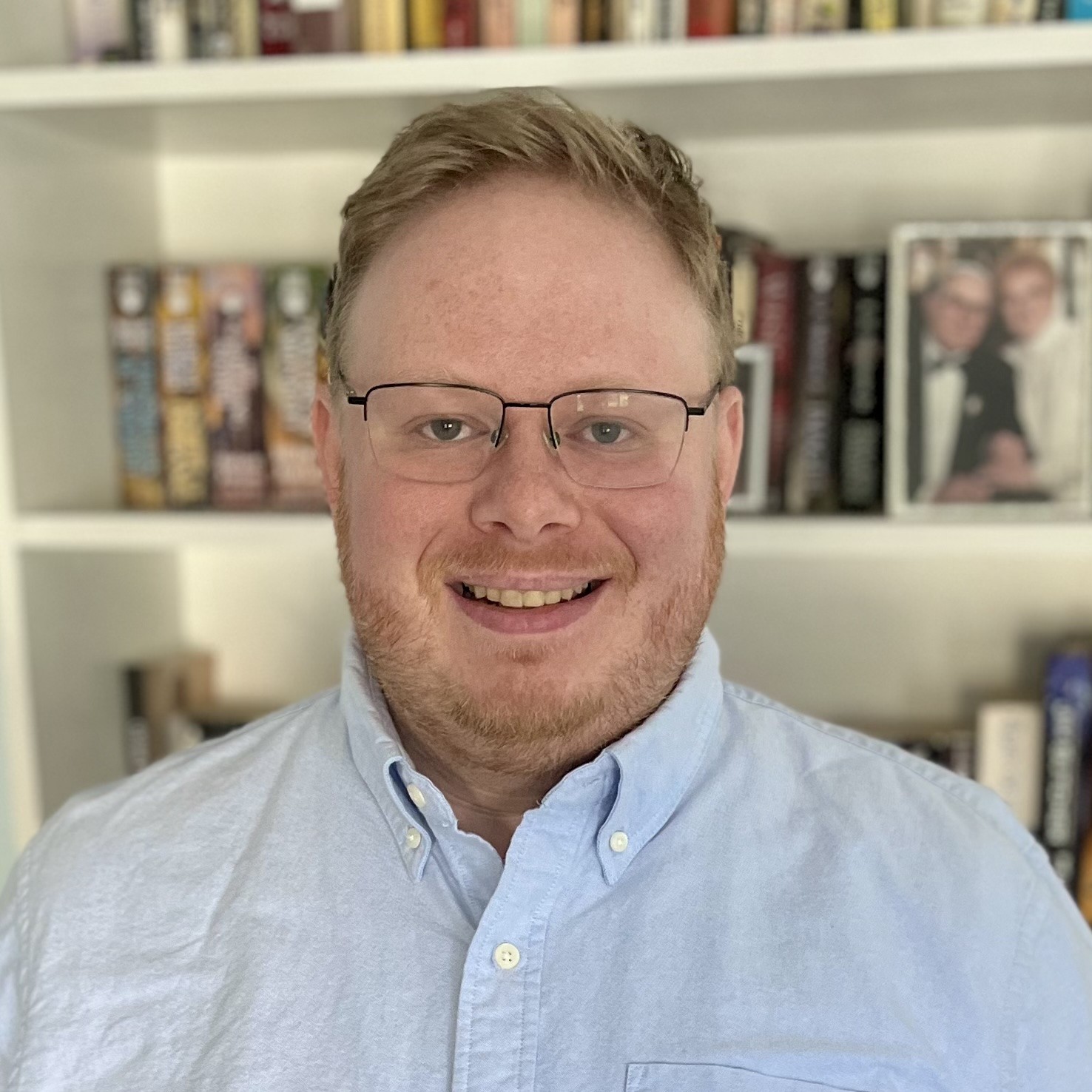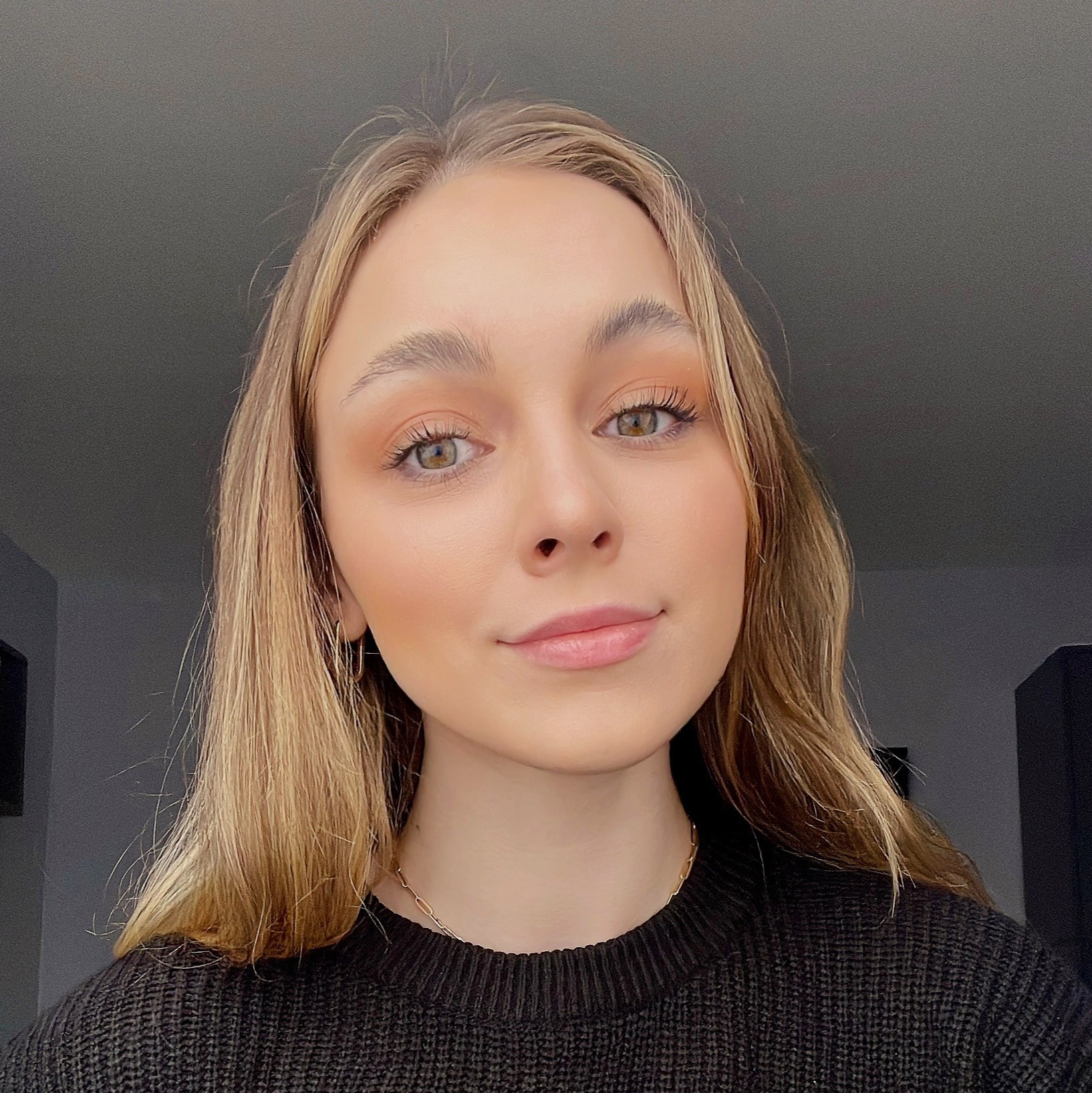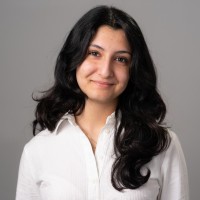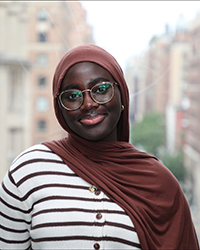
Marianski Research Group at Hunter College
Prof. Mateusz Marianski
Address: Chemistry Department of Hunter College CUNY, 695 Park Ave, New York, NY 10065
Office Location: HN-1321B (North Builiding, 13th floor)
Phone: 212-772-5343
E-mail: mmarians@hunter.cuny.eduEducation: 1) 2013-2018: Postdoc Fritz-Haber-Institut der Max-Planck-Gesellschaft, Berlin, Germany 2) 2009-2013: Ph.D. Graduate Center and Hunter College, CUNY 3) 2005-2009: M.Sc. University of Wroclaw, Poland Publications: ORCID & Google Scholar
Current Group Members:
Graduate students:
Murat Yaman (Biochem ‘25)
Research Interest: Structural analysis of small glycans in a gas phase. Understanding of the role of potential-energy surface in defining function of glycans in gas-phase, solution, and in bound complexes. Development of sampling techniques and data analysis pipeline in CarP.
Methods: Quantum chemical calculations (Gaussian16, FHIaims, CP2K), semiempiriral (xtb), and data analysis (Python).
Ryan Kwok (Chem ‘27)
Research Interest: Ryans uses methods of density-functional theory to investigate the effect of a molecular distortion on a reaction rates in reaction driven by a mechanical force. He’s a part of NSF CCI center for mechanochemistry
Methods: Quantum chemical calculations (Gaussian16, FHI-aims and CP2K) and data analysis (Python).
Deborah Essilfie (Chem ‘28)
Research Interest: Deborah investigates a force-induced mechanism-selectivity of simple organic reactions. She’s a part of the NSF CMCC center for mechanochemistry
Methods: Quantum chemical calculations (Gaussian16, ORCA, and CP2K) and data analysis (Python).
Diana Bello (Chem ‘28)
Research Interest: Diana works with molecular dynamics simulations to understand the mechanism of site-selective binding of the Synthetic Carbohydrate Receptors to glycoproteins in a biochemical context.
Methods: Molecular Dynamics calculations (gromacs) and data analysis (Python).
Eugene Chung (Chem ‘28)
Research Interest: Eungene investigates the effect of sterectronic properties of protecting groups on the mechanism and resulting stereochemistyr of a glycosylation reaction. He is also responsible for maintaining and developing CarPpy.
Methods: Quantum chemical calculations (Gaussian16, ORCA, and CP2K), data analysis (Python) and coding (fortran, c++).
Hillel Lerner (Chem ‘30)
Research Interest: DFT simulations of bioconjugations reaction mechanisms.
Methods: DFT calculations in gaussian and data analysis in python.
Undergraduate students:
Nikola Pociask
Research Interest: MD simulations of bioconjugation reaction mechanism.
Methods: Molecular dynamics simulations in gromacs and data visualization in VMD.
Leah Tamayev
Research Interest: Mechanochemistry
Methods: Quantum chemical calculations (Gaussian16, ORCA, and CP2K), data analysis (Python) and coding (fortran, c++).
Ndeye Khadidiatou Mbodj
Research Interest: Mechanochemistry
Methods: Quantum chemical calculations (Gaussian16, ORCA, and CP2K), data analysis (Python) and coding (fortran, c++).
Group alumni:
Former Graduate Students
- Dr. Beicer C. Tapia Amaya (Graduated 2026)
- Dr. Dhwanit Dave (Graduated 2024, Co-mentored. Currently a postdoc at Northwestern University)
Former Undergraduates
- Lusila Vranga (Graduated with Honors, currently applying to PA schools)
- Vasilis Kontodimas (Graduated with Honors, currently at QA at Kings Industires, Specialty Chemicals)
- Yusef Wray (Graduated with Honors, currently a graduate student at Stony Brook)
- Abner Kahan (Graduated with Honors, currently in the MD program)
- Genrietta Yagdayeva (Graduated with Honors, currently a graduate student at St John’s University)
- Wonsuk Lee (Currently applying for Dental Schools)
- Cesar Pabon (Currently Associate at Mercer)
Former High School Students
- Malika Toregeldiyeva (Currently at Massachusetts Institute of Technology)
- Benjamin Slater (Currently at University of Chicago)
